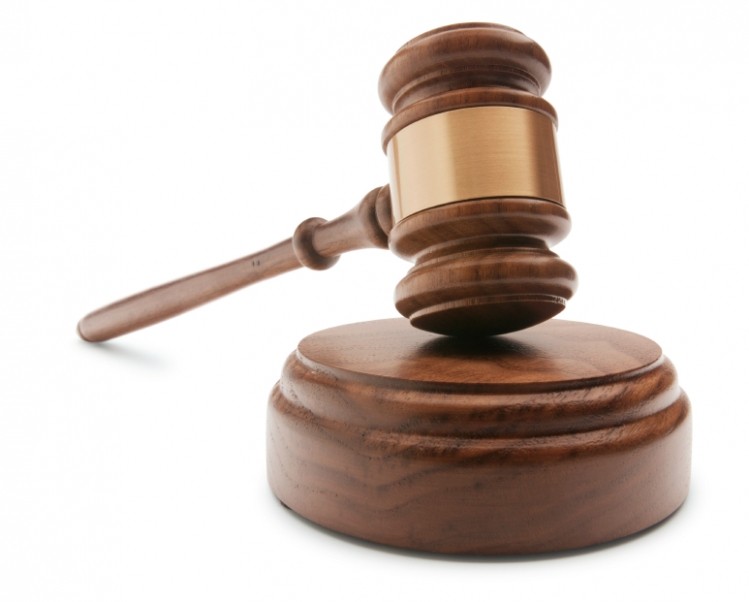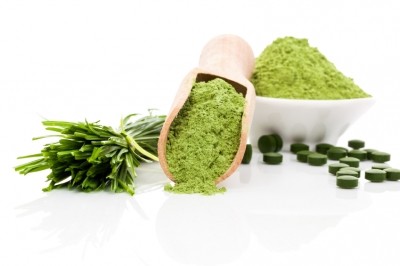Formation of AG coalition could give rise to more class action suits, expert says

The AGs in Connecticut, Indiana and Puerto Rico announced yesterday that they are joining in a coalition with Schneiderman, a coaltion with which Schneiderman said “we can go further in investigation this industry and, as needed, in achieving reform.”
Ted Craig, a Miami, FL-based attorney who is chair of the class action defense team at the firm GrayRobinson, said the threat of new lawsuits is real, but it doesn’t mean the sky is falling.
Potential increase in lawsuits
“The risk will rise, but only to the extent that there might be specific investigations and findings with regard to sales transactions in those states,” Craig told NutraIngredients-USA. “I do think it would be unfair and unwise to extrapolate from what the AG has done in New York that there are problems in these other states.”
Trade organizations that represent the dietary supplement industry have responded to this latest development by citing Schneiderman’s steadfast refusal to respond to questions about the inappropriate use of a DNA testing methodology on which his first cease and desist letters to supplement retailers were based. "It’s ironic that he continues to call for transparency, when his office refuses to release its test results and methodology, which scientists familiar with botanicals and DNA testing say is inaccurate,” said Steve Mister, president and CEO of the Council for Responsible Nutrition.
"If additional scrutiny is initiated to evaluate herbal product quality – either by the New York AG or any other state’s Attorney General – consultation with the Food and Drug Administration and herbal experts should first be undertaken to identify valid test methods accepted under current federal regulations,” said Michael McGuffin, president of the American Herbal Products Association.
Based on facts, or not
Given that serious questions remain about whether Schneiderman’s initial push was based on data from a misapplied test, how might that undermine the class actions suits that may already have been filed or that are pending? Are plaintiff’s lawyers looking for evidence of real harm to consumers, or just sniffing for blood in the water?
One firm that filed a suit in New York shortly after Schneiderman sent his first letters in February told NutraIngrdients-USA that it would withhold judgement about whether to continue to pursue the action as more data comes in (it’s unclear whether the suit continues to be active). But a lawyer with the firm said that the case hinged on consumer expectations. Consumers expect the bottles of herbal supplements they buy to contain the herbs on the labels, and many of the products tested by the NY AG “didn’t even contain the herbs; they only contained extracts of the herbs,” he said (emphasis in the original). This statement of course reveals a profound (perhaps willful) ignorance of the herbal industry, and perhaps a cavalier attitude toward the facts of the case.
“If you understand the plaintiffs attorney game it is to file as many lawsuits as possible and see how they pay off. This will be a new hot button area,” Craig said.
“There are certainly ethical issues where a plaintiff’s law firm would file a suit without verifying any of the information on which the suit is based. I think it’s unethical to file a suit in that way, and I wouldn’t say that is true of all the attorneys who file these suits. But I would say that it is commonplace and there is this rush to the courthouse,” he said.
Kicking them when they’re down
Craig said that even in the field of litigation, where matters are supposed to be decided on evidence presented in court, public perception plays a role.
“In the herbal supplement field there is a sense that there is inadequate Federal regulation. In fact it’s not true. But anything that raises an industry’s profile in a negative way especially with regard to the content of its products will normally raise the number of lawsuits being filed. We saw this with the tobacco industry, and we saw it with the cruise ship industry a few years ago when they were having their high profile problems,” he said.
“If you get in front of a judge or a jury that may have preconceived notions that there is a problem here that needs to be solved, it makes it that much more difficult,” Craig said.
Best defense is a good offense
So how best to defend against a suit which might seem to have little merit, but will nevertheless consume a company’s time and resources? Craig advises his clients who feel they have a strong case to make it clear early in the game that the ramparts are well defended.
“One of the things you want to do from the outset is to put your cards on the table. I try to tell them our side of the story and present them with the evidence. Early in the case it is advantageous to supply to the plaintiff’s council the information that exonerates the defendant. If you can show you have done that, and we can demonstrate to the plaintiff’s attorney that we have not violated any laws, it goes a long way toward potentially getting a fee award,” Craig said.









